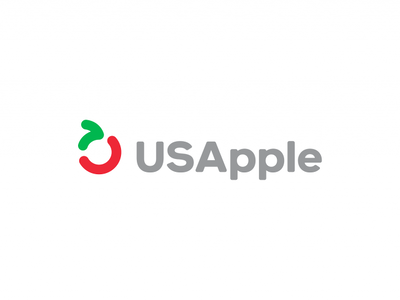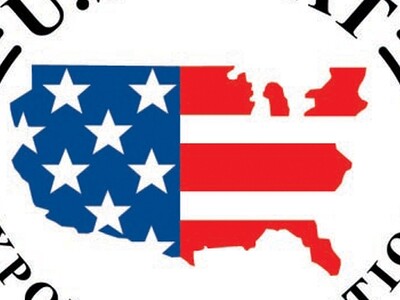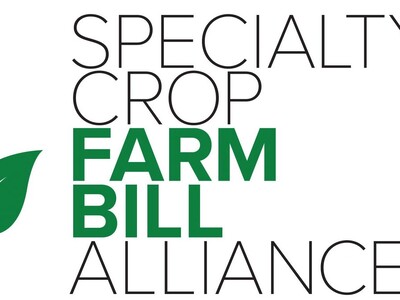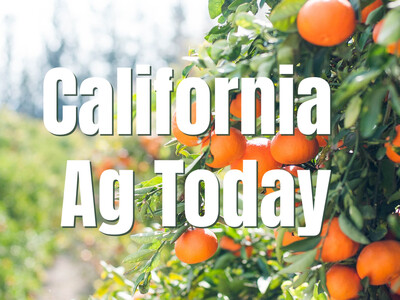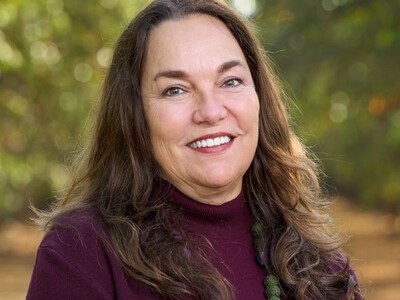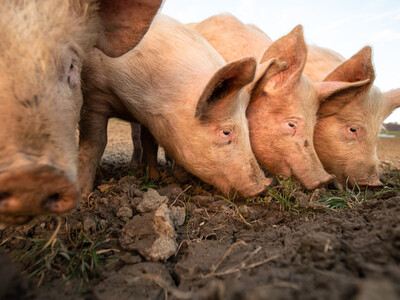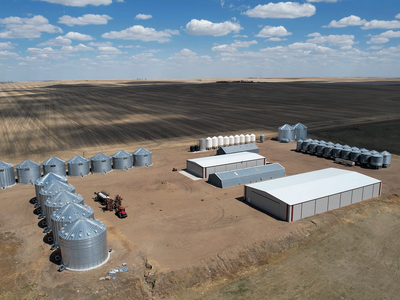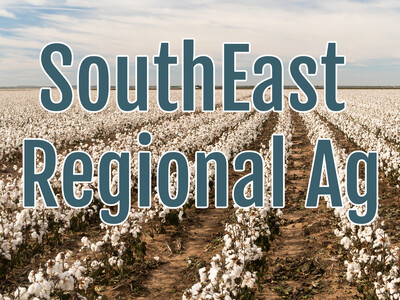Salmon Research Center Expansion Funding
By 2025 the population in the Puget Sound area is expected to have increased by 1.5 million. This presents many challenges, not the least being how to develop more effective stormwater management techniques that will protect fresh and marine water systems. Therefore, Washington Lawmakers have provided $800 thousand to expand WSU’s Puyallup Salmon Toxicology Lab, which was established in 05 to study the effects of common mixtures of pollutants on salmon health. WSU Salmon Toxicology Lab Director John Stark says the funding will allow researchers to expand the scope of their study to include other fish species and aquatic invertebrates, and explains why this is so important.
STARK: You may have a chemical that has no direct effect on salmon, but it may take out there food supply, it may kill the aquatic insects and other aquatic invertebrates that young salmon need to survive.
Stark also talks about what he calls pollutant soup.
STARK: In other words a whole range of chemicals, usually at very low concentrations, not just pesticides.
Stark reiterated that this is about developing better stormwater management techniques, not eliminating pesticide use. In fact...
STARK: We control crop pests - insects, disease, weeds, and because of that food is cheaper, it’s available all year round. Because we use pesticides, we use less land to produce food. So in other words a lot of our wild lands and preserves would have to be converted into ag lands to feed our population if we didn’t use them.
I’m Lacy Gray and that’s Washington Ag Today on the Northwest Ag Information Network.




